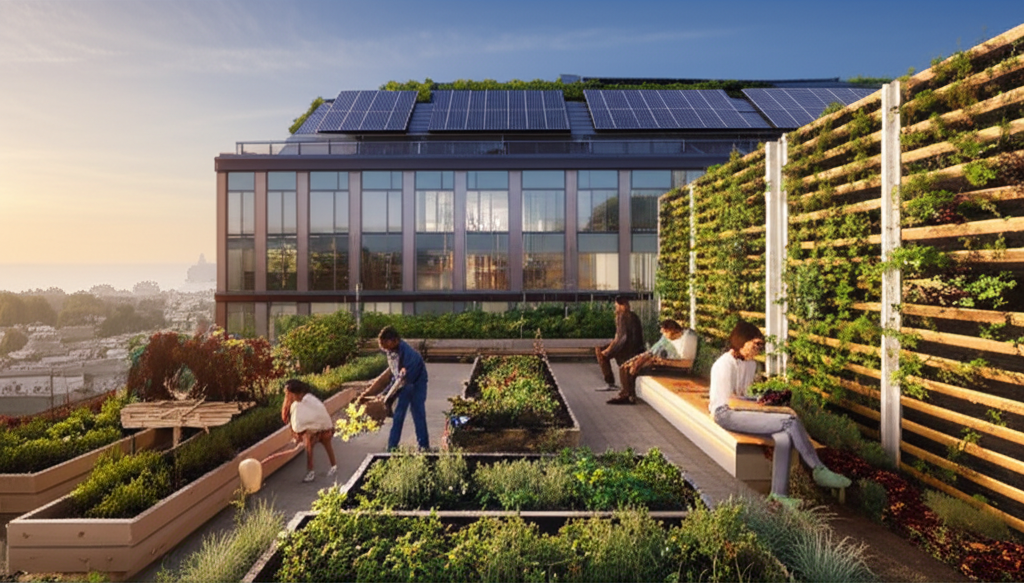Sustainable Living in Urban Spaces
Practical approaches to eco-friendly living in metropolitan areas without compromising on style.

Urban living and sustainability might seem at odds, but cities actually offer unique opportunities for eco-friendly lifestyles. With the right approach, metropolitan dwellers can significantly reduce their environmental impact while enjoying the conveniences and culture that cities provide.
The Urban Advantage
Cities are inherently more sustainable than suburban sprawl. Higher population density means more efficient use of resources, better public transportation systems, and reduced per-capita energy consumption. The key is maximizing these built-in advantages while addressing urban-specific challenges.
Sustainable Transportation
Transportation is often the largest component of an urban dweller's carbon footprint. Cities offer multiple sustainable options:
- Public Transit: Buses, trains, and subways are far more efficient than individual car ownership.
- Active Transportation: Walking and cycling not only reduce emissions but improve personal health.
- Car Sharing: When a car is necessary, sharing services reduce the total number of vehicles needed.
- Electric Options: E-bikes and electric scooters provide convenient, low-emission alternatives for medium distances.
Urban Food Systems
Cities are becoming laboratories for sustainable food production and consumption. Urban farming, from rooftop gardens to vertical farms, is bringing food production closer to consumers. Community-supported agriculture (CSA) programs connect urban consumers directly with local farmers, reducing transportation emissions and supporting regional food systems.
Energy and Water Efficiency
Apartment living offers opportunities for efficiency that single-family homes can't match. Shared walls reduce heating and cooling needs, and building-wide systems can be more efficient than individual units. Smart building technologies are making it easier to monitor and reduce resource consumption.
Waste Reduction and Circular Economy
Urban density creates opportunities for sharing, reusing, and recycling that aren't available in less populated areas. Tool libraries, clothing swaps, and repair cafes are thriving in cities. The proximity of diverse businesses and services makes it easier to find sustainable alternatives to disposable goods.
The future of sustainable living is urban. By embracing the efficiencies that cities offer and addressing their challenges with innovative solutions, we can create metropolitan areas that are both livable and environmentally responsible.
